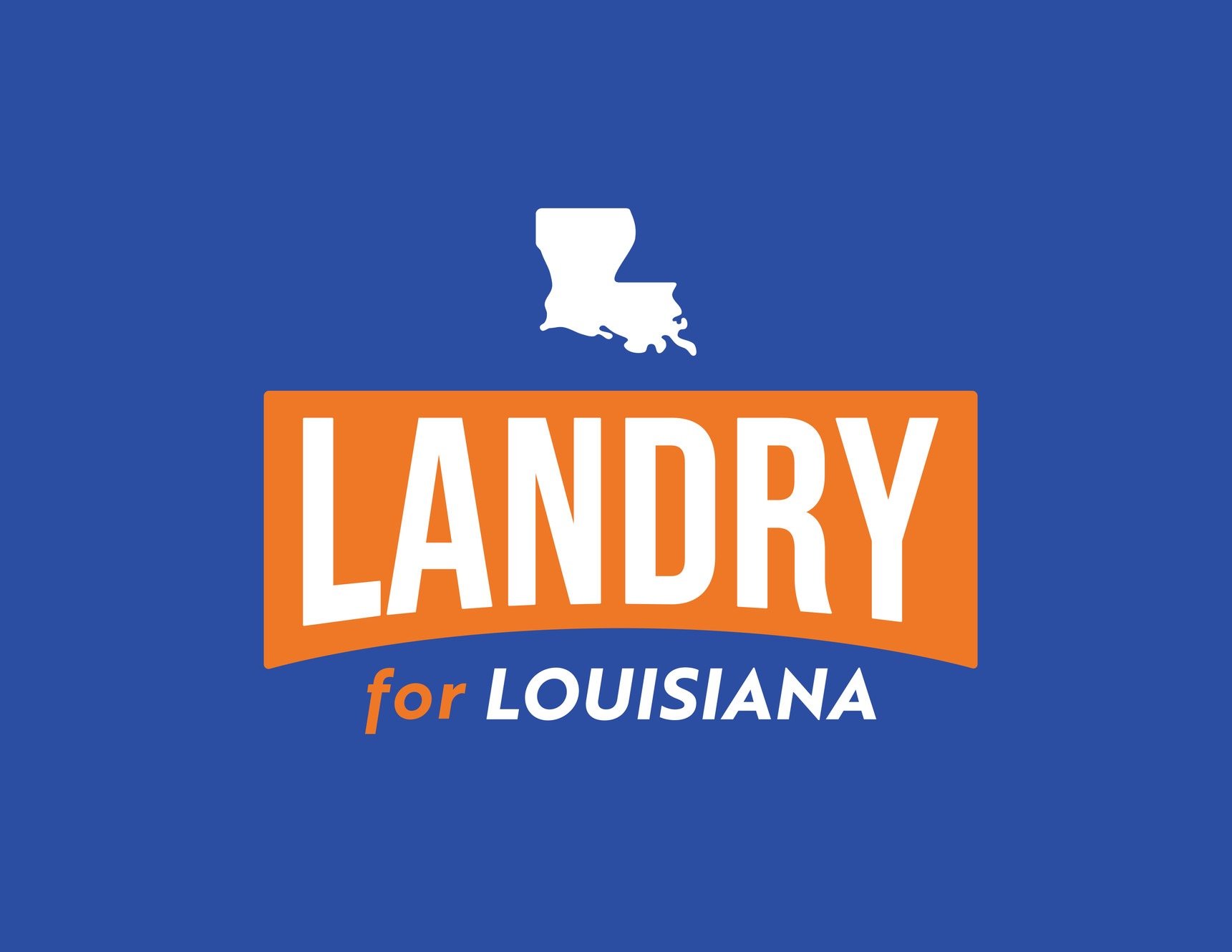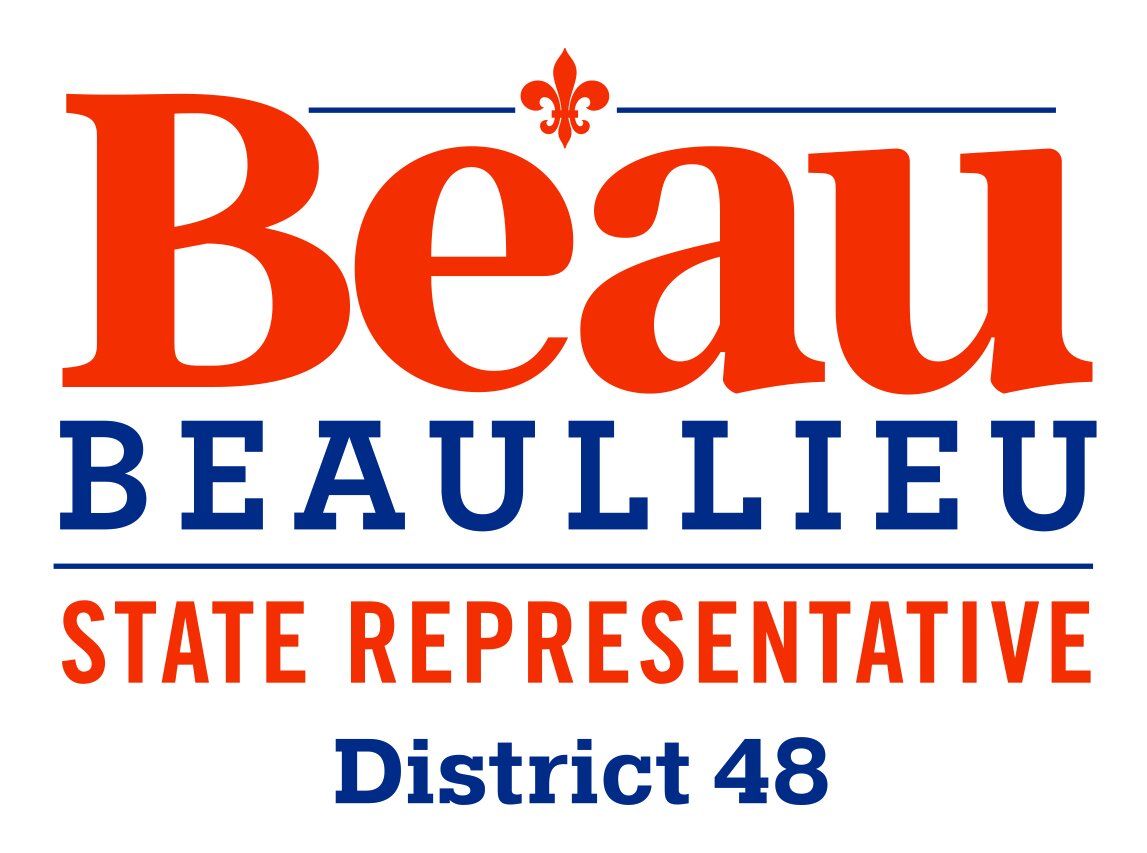Today the House Committee on Energy and Commerce held a hearing on the Kids Online Safety Act. After successfully passing through committee. it's time to advance this bill through the full House of Representatives.
The Kids Online Safety Act (KOSA) is one of the most important pieces of legislation in over two decades aimed at protecting children from online harms. The last time Congress passed a law to safeguard kids online was in 1998, before social media and smartphones became integral to daily life. Today, social media platforms, gaming sites, and other online environments expose children to a wide range of risks, including bullying, addiction, sexual exploitation, and harmful content. KOSA, which recently passed the Senate with overwhelming bipartisan support, seeks to update regulations to address these modern dangers.
The act is supported by a broad coalition of parents’ groups, children's advocacy organizations, and tech companies like Microsoft, X (formerly Twitter), and Snap. These groups argue that KOSA is a crucial first step in holding tech companies accountable for the harm their platforms can cause. By creating a “duty of care,” the legislation would require online platforms to take reasonable steps to prevent harm to minors. This includes preventing exposure to dangerous content, such as the promotion of suicide, eating disorders, substance abuse, and sexual exploitation.
The bill also mandates that social media platforms offer minors the option to protect their information, disable addictive product features, and opt out of algorithmic recommendations. It goes further to limit users' ability to communicate with minors and restrict platform features designed to increase engagement, such as autoplay and rewards systems. This “safety by default” approach ensures that platforms must prioritize the well-being of young users by defaulting to the most secure settings.
Despite the overwhelming support, KOSA faces some opposition. Critics, particularly from groups concerned with free speech, have raised concerns about potential violations of the First Amendment. They worry that the bill might be used to restrict access to vital information on topics such as LGBTQ+ issues or reproductive rights. However, the bill has been revised to address many of these concerns, and several prominent LGBTQ+ groups have since dropped their opposition.
Children's exposure to the internet is higher than ever, with kids aged 8 to 12 spending an average of five hours per day on screens, and teenagers clocking in over eight hours. Studies show a significant increase in mental health issues among youth, with alarming rates of depression, bullying, and suicidal thoughts linked to social media use. In this environment, the need for KOSA is urgent. As Julianna Arnold, a parent whose daughter tragically died after purchasing tainted drugs via Instagram, stated, "Every other industry has been regulated to keep our children safe. Why not this one?"
Parents and policymakers alike recognize that Big Tech has repeatedly failed to regulate itself when it comes to protecting children. By enforcing independent audits and research into how platforms affect the mental health and well-being of young users, KOSA would create transparency and accountability. The Federal Trade Commission would oversee much of this enforcement, while state attorneys general would play a role in ensuring compliance with specific provisions of the act.
KOSA's passage would mark the first major legislative reform to regulate the tech industry since the 1990s. Groups like the American Academy of Pediatrics, Common Sense Media, the NAACP, and ParentsSOS, a group of parents who have lost children due to social media harms, have championed the bill's passage. This broad and growing coalition reflects how deeply concerned Americans are about the unchecked influence of tech platforms on their children.
The bipartisan support for KOSA reflects its universal importance. U.S. Senator Marsha Blackburn (R-Tenn.) and Senator Richard Blumenthal (D-Conn.) authored the bill, garnering backing from conservatives like Richard Grenell and Newt Gingrich, as well as progressive advocates for child safety. “Big Tech has abused conservatives for far too long,” said Grenell, adding that KOSA is a necessary tool to protect children from exploitation by drug cartels, sex predators, and human traffickers.
The Kids Online Safety Act passed through the Energy and Commerce Committee after representatives on both sides of the aisle expressed enthusiastic support.
As the bill moves toward the House of Representatives, it is vital that our leaders, including House Majority Leader Steve Scalise and Speaker Mike Johnson, push for its swift passage. Protecting children should not be a partisan issue, and KOSA is an opportunity to take meaningful action against the exploitation of our most vulnerable population.
To Leader Scalise and Speaker Johnson: it is time to act. KOSA represents a rare moment of bipartisan agreement in Congress and an urgent call to safeguard our children from the harms of unchecked digital platforms. Please ensure that this critical bill passes the House and reaches the President's desk for signature. Our children's safety online cannot wait another 25 years.







